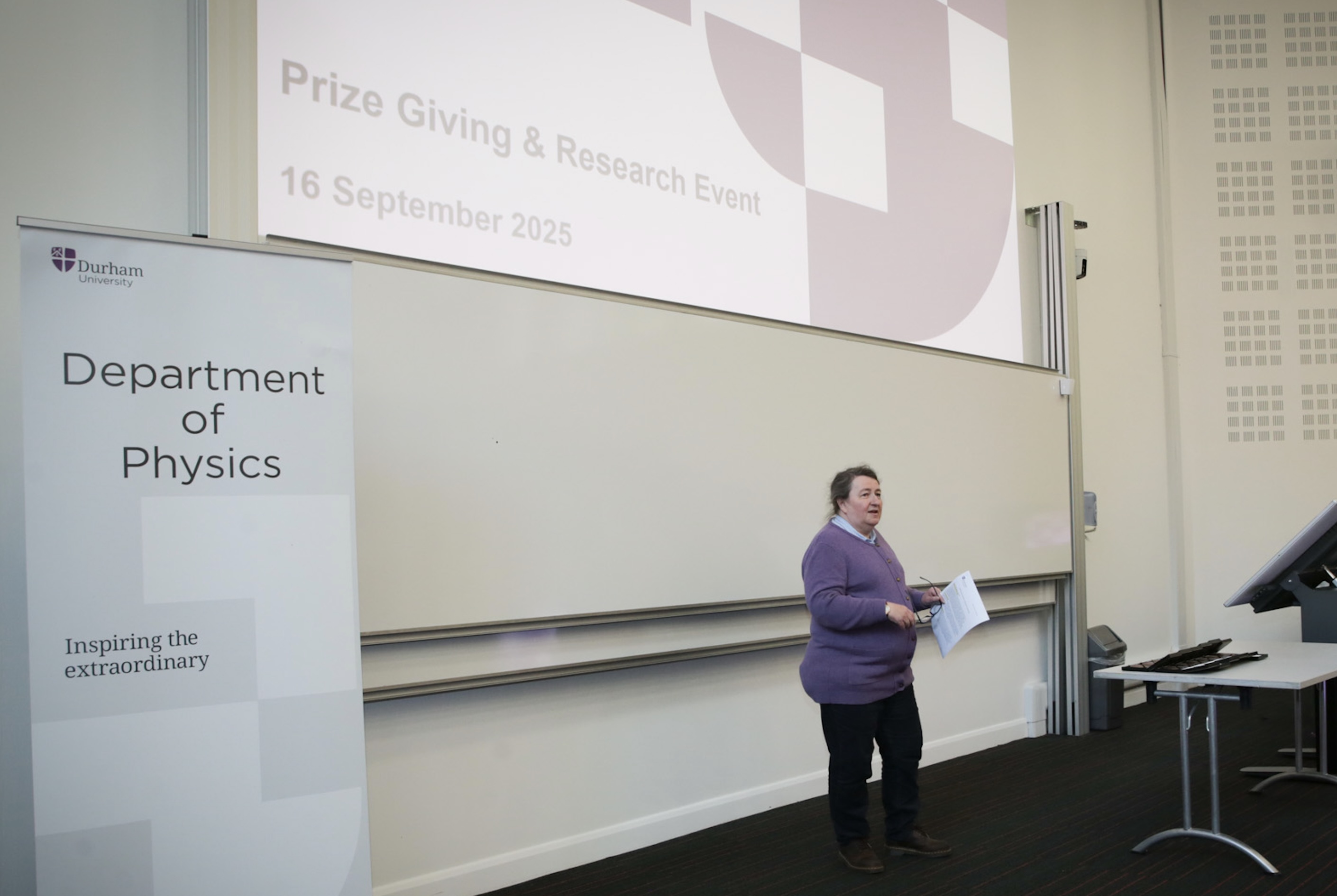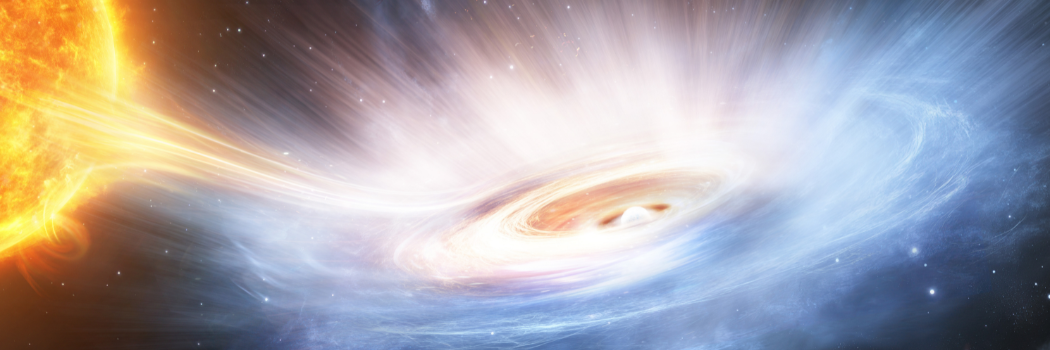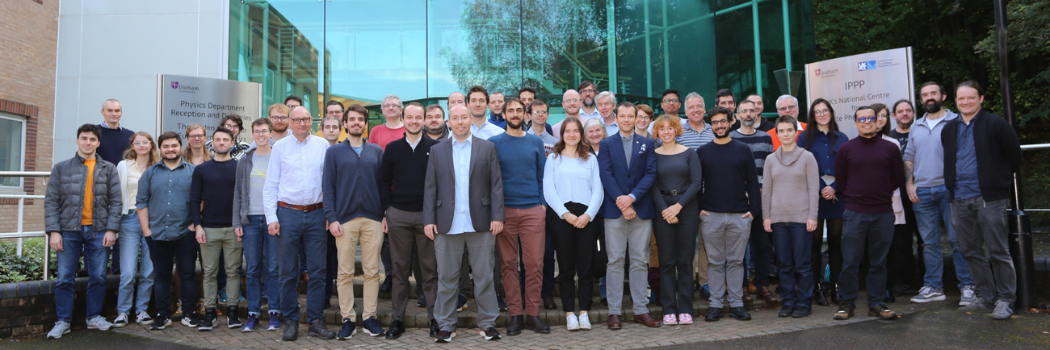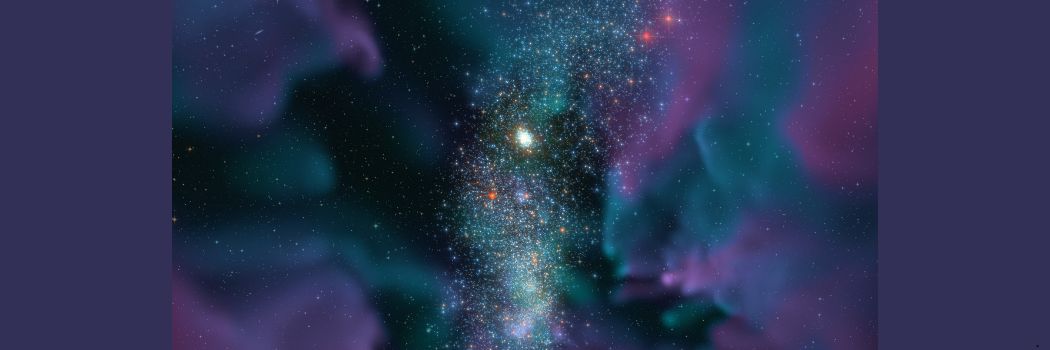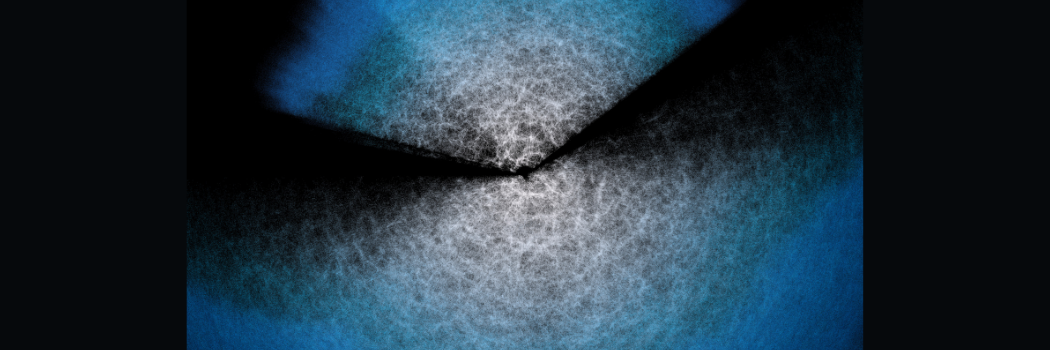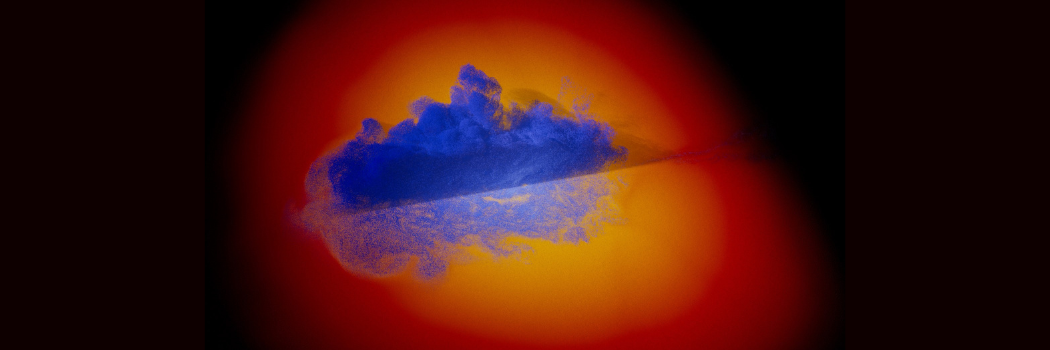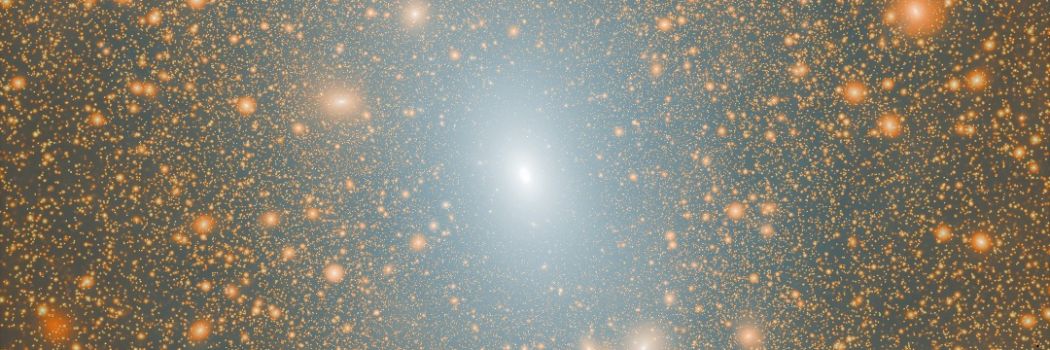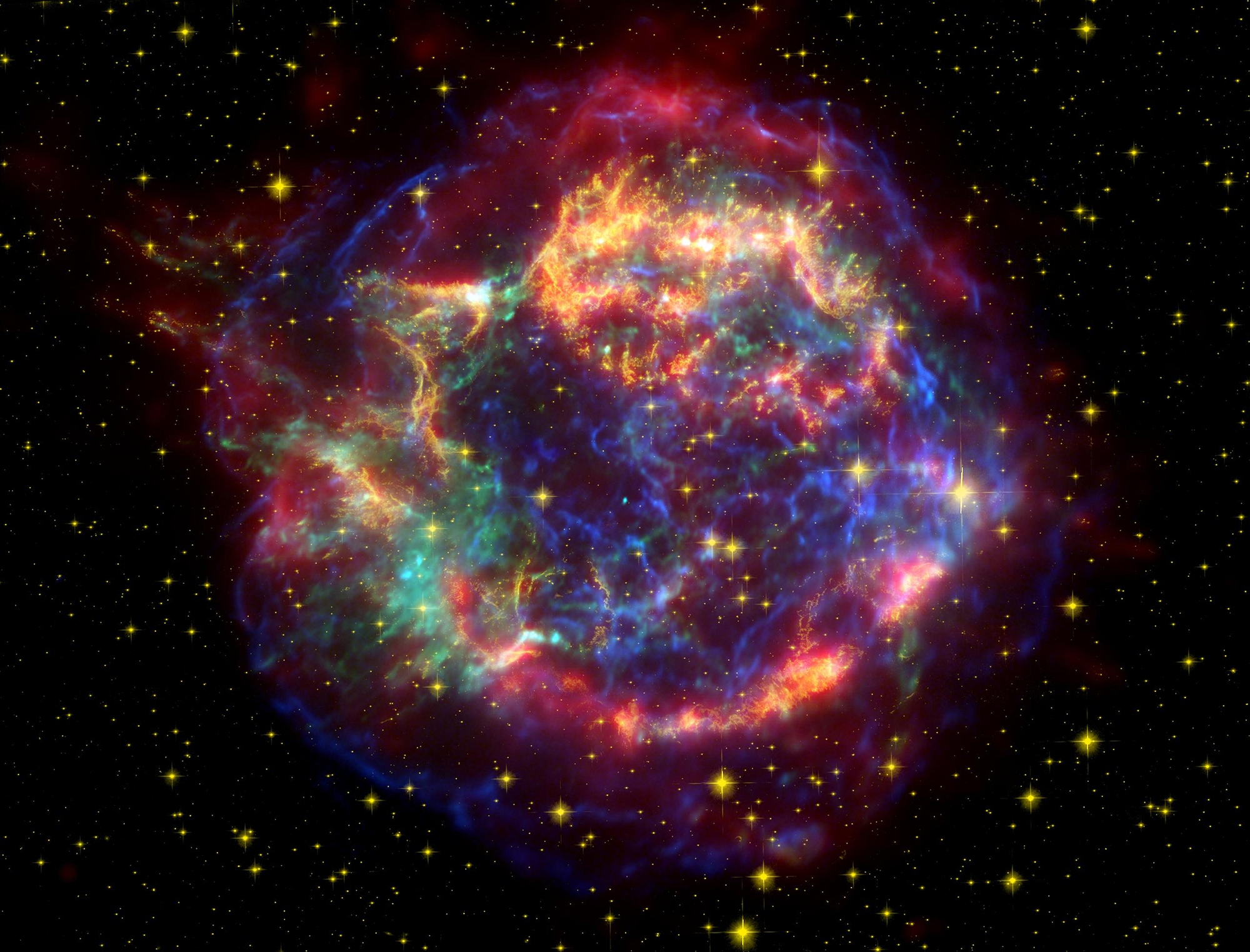Latest News
The 2025 Physics Awards for Excellence
The Physics Department's 2025 Awards for Excellence event took place on 16th September in PH8. The event featured a series of science talks, designed to be accessible and engaging for all members of the Department, followed by the presentation of this year's awards.
Scientists discover unexpected twist in cosmic wind speeds
An international team of scientists, led by Professor Chris Done of our Physics Department, has made a surprising discovery about powerful winds blasting from around a neutron star.
IPPP marks 25 years of world-leading particle physics research
Our Institute for Particle Physics Phenomenology (IPPP) will celebrate its 25th anniversary on 24-25 September, recognising a quarter-century of innovative research, global collaboration, and academic excellence.
Scientists help power world’s largest fusion energy project
Scientists from our top-rated Physics department have played a crucial role in verifying the quality of specialist materials destined for the magnets of ITER.
Simulations solve centuries-old cosmic puzzle – and reveal new class of ancient star systems
Astronomers have solved a centuries-old puzzle surrounding one of the Universe’s oldest and densest star systems.
DESI team wins prestigious 2026 Berkeley Prize
The Dark Energy Spectroscopic Instrument (DESI) collaboration has been awarded the 2026 Lancelot M. Berkeley–New York Community Trust Prize for Meritorious Work in Astronomy.
Scientists challenge theory behind Jupiter’s mysterious interior
Supercomputer simulations carried out by researchers in our top-rated Physics department cast doubt on a proposed explanation for the structure of Jupiter’s core.
New cosmic discovery challenges galaxy formation theories
An international team of astronomers have discovered a remarkably clumpy rotating galaxy that existed just 900 million years after the Big Bang, shedding new light on how galaxies grew and evolved in the early Universe.
Polish national honour for Physics Professor
The President of Poland has presented Marek Szablewski, Professor of Physics at Durham University, with a prestigious national award for services to the Polish Scouting Association, which operates outside of Poland.
Magnetic wave mapping breakthrough could speed up your phone
An international team of researchers including physicists here in Durham have made a breakthrough that could help make our phones and computers faster and more energy efficient.
Celebrating Community, collaboration, and curiosity: STEM ECR Networking and Careers Event
On Friday 20 June, the Physics Department and St John’s College hosted a STEM ECR Networking and Careers Event, open to all science faculty students and staff, aimed at supporting researchers at this pivotal stage. Around 30 ECRs signed up for an informal evening of pizza, drinks, and cross-disciplinary conversation, bringing together participants from chemistry, physics, computer science, engineering, and more.
Milky Way could be teeming with more satellite galaxies than previously thought
The Milky Way could have many more satellite galaxies than scientists have previously been able to predict or observe.


/prod01/prodbucket01/media/durham-university/departments-/physics/teaching-labs/VT2A9034-1998X733.jpeg)
